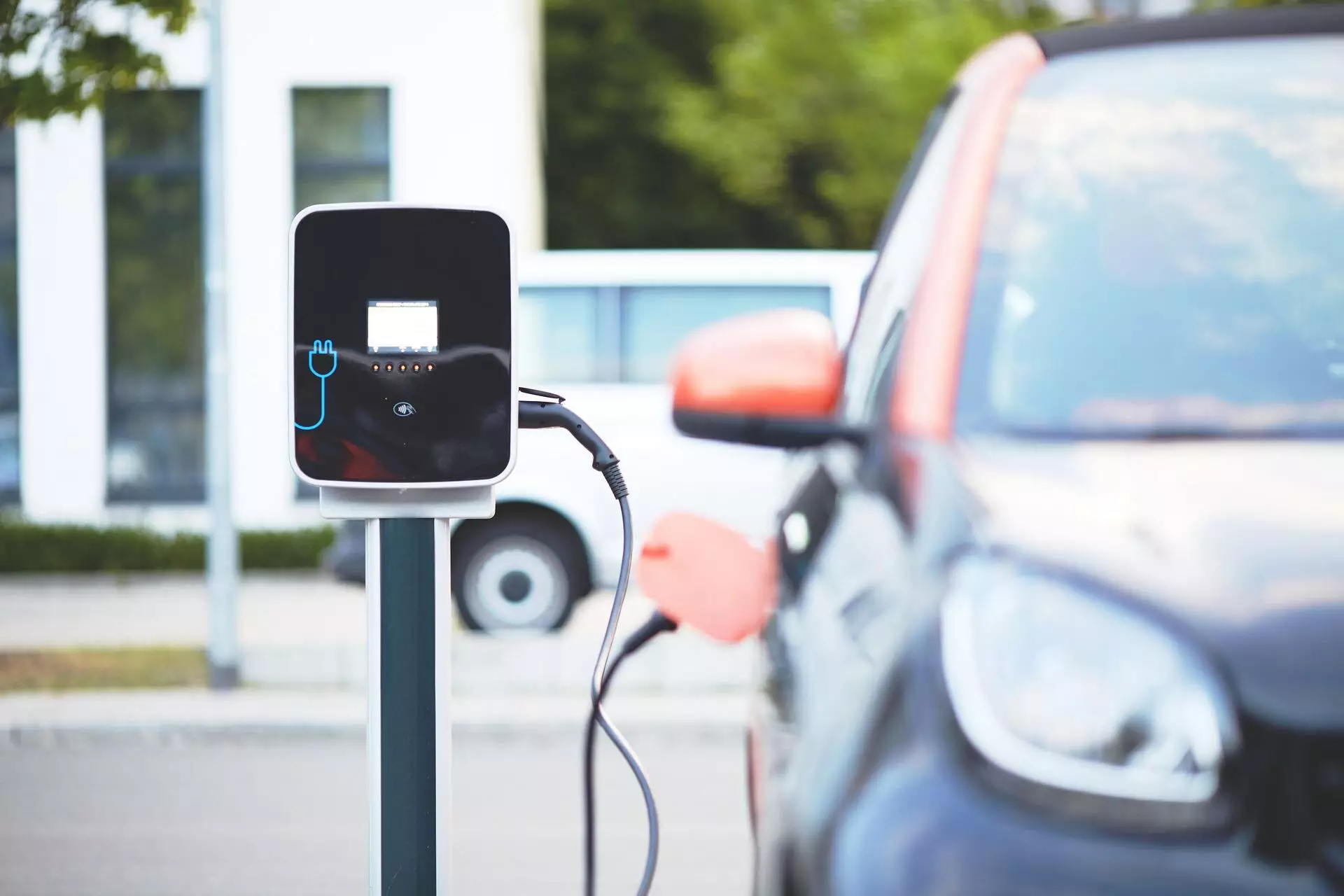Florida’s unique geographical vulnerabilities underscore the pressing need for a robust electric vehicle (EV) infrastructure, especially in light of the state’s susceptibility to hurricanes and extreme weather phenomena. A comprehensive analysis conducted by researchers at the University of Florida (UF) emphasizes the critical nature of enhancing the resilience of EV charging services. As hurricanes disrupt infrastructure and limit access to charging stations, the high demand for electric vehicle charging becomes even more crucial. The findings of their study, published during the peak of hurricane season, illuminate the challenges and opportunities in optimizing the EV charging ecosystem for the inhabitants of this hurricane-prone state.
During severe weather conditions, such as hurricanes, the interconnectedness of supply and demand for electric vehicles takes on new meaning. The research highlights that existing EV charging networks often do not hold up well against infrastructure damage caused by extreme weather events. The implications of this are profound: as more people transition to electric cars, the necessity for reliably functioning charging stations becomes more pronounced. Infrastructure resilience is not merely a data point; it is a lifeline that connects residents with essential services and emergency resources amid chaos.
This need for resilience is compounded by several factors, including the area’s physical and socioeconomic characteristics. Communities that are better connected in terms of transportation and infrastructure tend to maintain functionality during crises. However, rural areas often suffer due to their remoteness. As Yan Wang, Ph.D., who co-authored the study, points out, “The principal takeaway from this study is that proactive and dynamic planning in deploying EV charging infrastructure is essential, particularly in regions vulnerable to extreme weather.”
The study further explores innovative strategies to fortify charging infrastructure against hurricanes. Wang’s collaboration with other UF researchers, including Ruth Steiner, Ph.D., and doctoral candidate Ziyi Guo, highlights the utility of advanced modeling techniques. By employing these methods, researchers simulated worst-case hurricane scenarios, gaining insights into the fragility of existing systems. This predictive approach can enrich our understanding of not just immediate operational impacts but also long-term infrastructure sustainability.
Moreover, their research introduces the concept of a multi-agent-based model—a significant advance in infrastructure planning. This model enables comprehensive scenario modeling, allowing planners to visualize and prepare for the kind of disruptions that hurricanes can cause. As the research demonstrates, charging stations that operate within a robust network recover more swiftly and effectively in crises. This underscores the necessity of a well-integrated system that connects various stakeholders and builds a resilient infrastructure.
A crucial aspect that the research brings to light is the intersecting issues of social equity and access to charging infrastructure. The study shows that older adults and lower-income populations face significant barriers, exacerbating existing inequities during weather emergencies. “It’s critical not only to consider neighborhoods with direct access but also those surrounding areas, which can often be forgotten,” Guo elaborated. Furthermore, this inequity can indirectly impact rural populations who, while not immediately affected by flooding, may find essential services like charging out of reach due to damaged infrastructure.
Recognizing this disparity reinforces the necessity of equitable planning approaches in the transition to electric mobility. Wang articulates the urgency: “Our research insists that the planning of EV charging networks must factor in social inequalities to ensure that all communities, especially the most vulnerable, benefit equally from electric mobility advancements.”
In order to prepare for future challenges posed by climate change and extreme weather, Florida communities can adopt anticipatory planning frameworks that integrate scenario-based strategies. The research concludes that combining physical infrastructure assessments with behavioral analytics is essential for a more comprehensive approach to resilience. The collaborative work done by UF researchers offers a valuable framework for coastal communities, positioning them better to withstand calamities while considering user behavior patterns during emergencies.
Additionally, the methodologies established in this study serve as a template for adjustments in various Florida cities. Guo mentioned the necessity of tailoring models to individual locales, using Gainesville as an example. “Understanding how Gainesville will respond to hurricanes, climate change, and flooding allows for quicker prediction and implementation of necessary resilience adaptations,” Guo asserted.
Ultimately, the insights from this research extend beyond the immediate focus on electric vehicle charging systems. As Professor Steiner notes, the methodologies developed in this study are versatile and can be applied across numerous contexts and challenges arising from climate change and infrastructural vulnerability. The call for proactive and equitable infrastructure planning is clear: as we advance towards a more sustainable and electrified future, understanding the integration of resilience planning into community-based solutions is now more critical than ever.


Leave a Reply